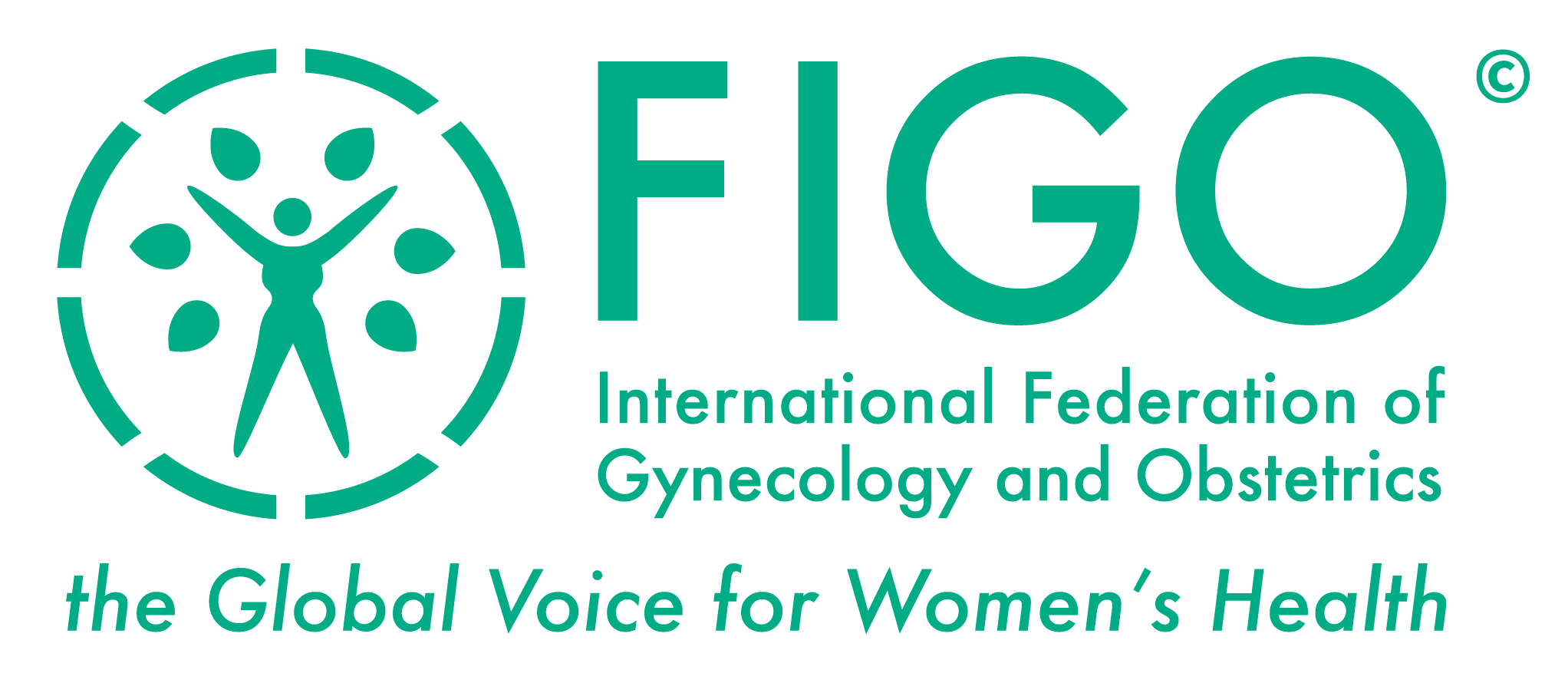
OUTIL DE RÉFÉRENCE 3:
COMMENT SURMONTER LES BARRIÈRES SOCIALES AUX SOINS DE FERTILITÉ
- Ali S, Sophie R, Imam AM, Khan FI, Ali SF, Shaikh A, Farid-ul-Hasnain S. Knowledge, perceptions and myths regarding infertility among selected adult population in Pakistan: a cross-sectional study. BMC Public Health. 2011 Oct 4;11:760.
- Boivin J, Takefman J Braverman A. The fertility quality of life (FertiQoL) tool: development and general psychometric properties. Human Reproduction, 2011; 26 (8): 2084-91.
- ESHRE Taskforce Ethics & Law. Providing infertility treatment in resource poor countries. Hum Reprod 2009; 24(5): 1008-11.
- Ethics, Bioscience and Life. Symposium: Religion in assisted reproduction. Reproductive Biomedicine Online, 2008, 17 (3) 6- 51.
- Nachtigall RD. International disparities in access to infertility services. Fertil Steril 2006; 85(4): 871-5
- Ombelet W. Infertility and the provision of infertility medical services in developing countries. Human Reproduction Update, 2008; 14(6): 605-21.
- Vayena E, Rowe PJ, Griffin PD (2002) Report of a Meeting on Medical, Ethical and Social aspects of Assisted Reproduction, Geneva, Switzerland, 17-20 September, 2001. Organisation mondiale de la santé.
- Zegers-Hochschild F et al. “Infertility” in Sexual and Reproductive Health. A Public Health Perspective. Ed. Paul F.A. Van Look. Elsevier, Academic Press, (138 – 48), 2011.
- Zegers-Hochschild F, Dickens BM, Dughman-Manzur S. Human Rights to in vitro fertilization. Int J Gynecol Obstet; 2013; 123(1): 86-89.
